
Dubai Property Sector Sees 11,700 Transactions Worth Dhs34bn in May
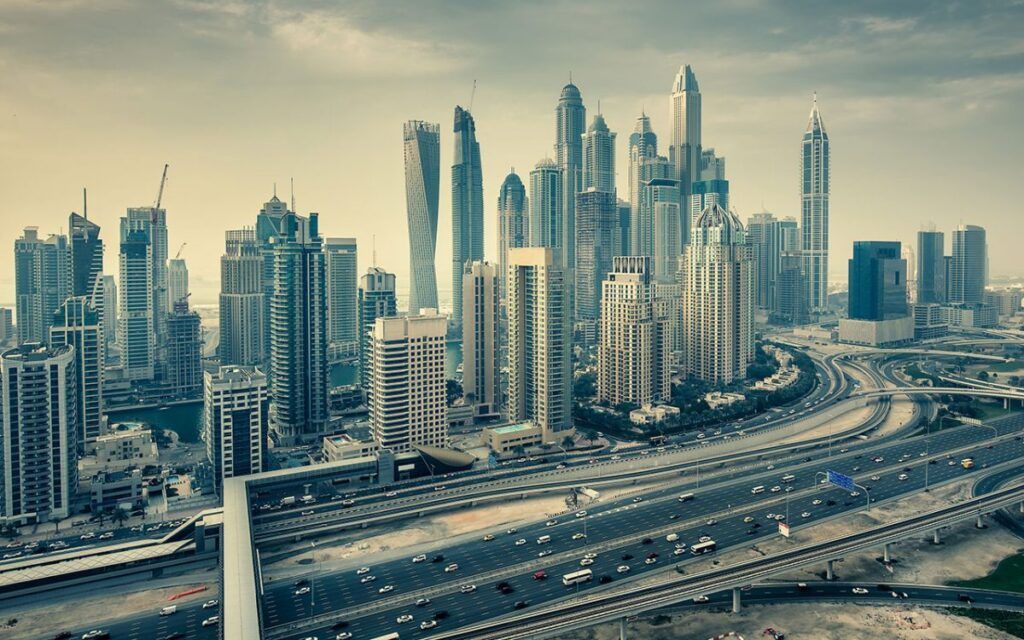
Dubai, known for its luxurious lifestyle, stunning architecture, and thriving real estate market, continues to attract investors from around the world. In May, the Dubai property sector witnessed a remarkable surge with 11,700 transactions amounting to a staggering Dhs34 billion.
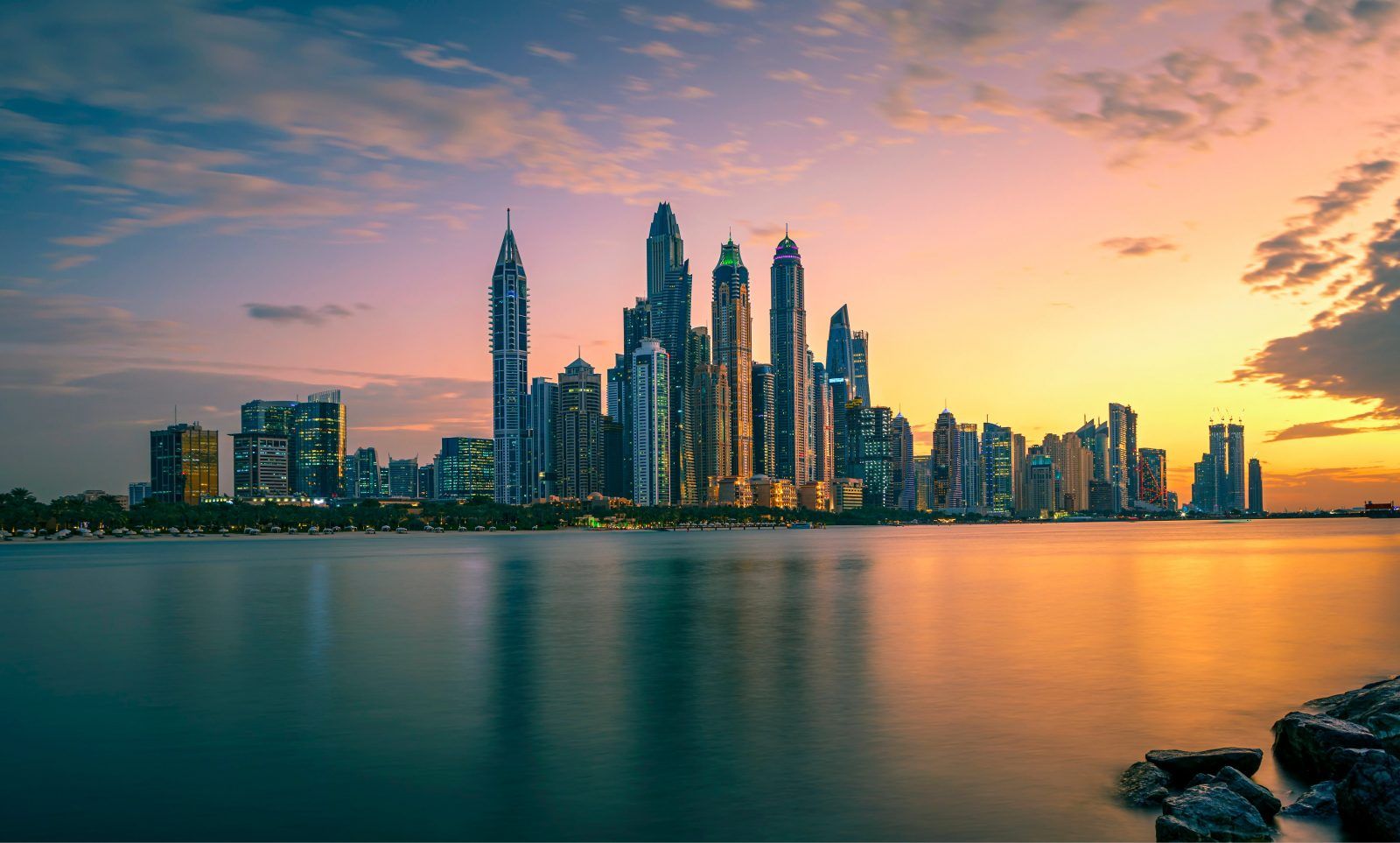
This article explores the factors contributing to this impressive growth, analyzes the current state of the Dubai property sector and provides valuable insights for investors and homebuyers.
Introduction
Dubai’s property sector has always been a key driver of the economy, attracting local and international investors seeking lucrative opportunities. The recent surge in transactions worth Dhs34 billion in May further highlights the resilience and attractiveness of Dubai’s real estate market.
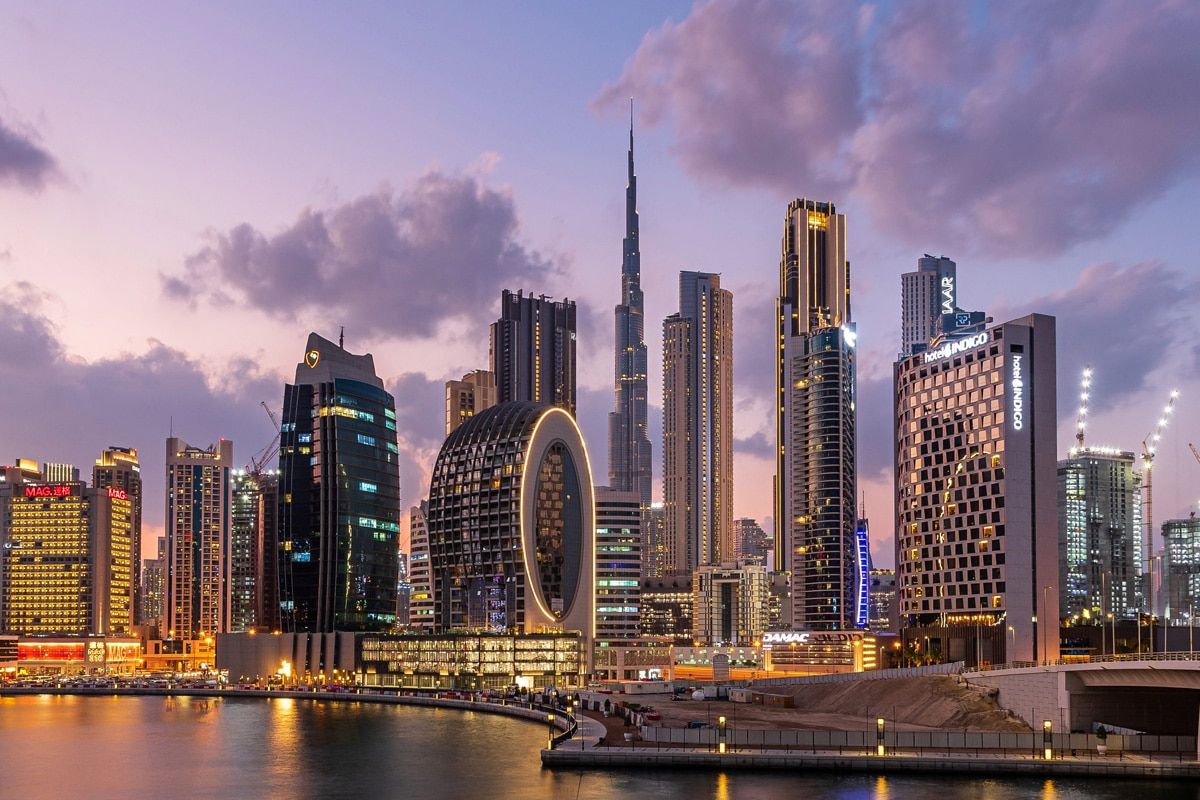
This article delves into the factors that have contributed to this surge and offers a comprehensive analysis of the current state of the Dubai property sector.
Factors Fueling Dubai’s Property Sector Growth
The surge in transactions worth Dhs34 billion in May can be attributed to several factors that have collectively created a favorable environment for investors.
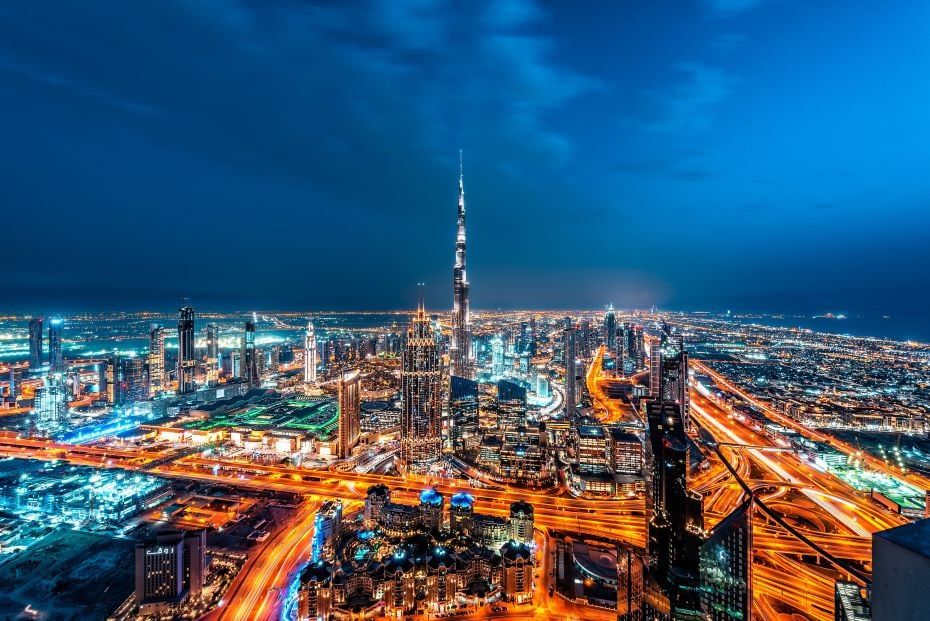
These factors include:
1. Strong Economic Performance
Dubai’s robust economic performance, driven by diverse sectors such as tourism, trade, and finance, has significantly contributed to the growth of the property sector. The city’s strategic location, world-class infrastructure, and business-friendly policies make it an ideal destination for both businesses and individuals looking to invest in real estate.
2. Expo 2020 Dubai
Expo 2020 Dubai, one of the most anticipated events in the region, has had a profound impact on the property market. The event has attracted a massive influx of visitors, investors, and businesses, driving up demand for real estate in the city. The anticipation of increased rental yields and capital appreciation has led many investors to seize this opportunity and invest in the Dubai property sector.
3. Regulatory Reforms
The government of Dubai has implemented several regulatory reforms aimed at enhancing transparency, improving investor confidence, and safeguarding the rights of all stakeholders in the Dubai property sector. These reforms, such as the introduction of the Dubai Land Department’s blockchain platform, have significantly streamlined the buying and selling process, making it more efficient and secure.
4. Expo-related Infrastructure Projects
To support the Expo 2020 Dubai and accommodate the growing demand, the government of Dubai has invested heavily in infrastructure projects. These projects include the expansion of transportation networks, the development of new residential and commercial areas, and the enhancement of existing infrastructure. The improved connectivity and accessibility have further fueled the demand for properties in Dubai.
Current State of the Dubai Property Sector
The surge in transactions worth Dhs34 billion in May is a testament to the resilience and stability of the Dubai property sector.
Here’s an overview of the current state of the market:
1. Rising Demand for Residential Properties
The residential property segment continues to be the most sought-after in Dubai. The city offers a wide range of housing options, from luxurious villas and penthouses to affordable apartments, catering to the diverse needs of residents and investors. The rising demand for residential properties is driven by factors such as population growth, favorable rental yields, and the desire to own a home in one of the world’s most vibrant cities.
2. Emerging Trends in Commercial Real Estate
Dubai’s commercial real estate sector is witnessing exciting trends, with a growing focus on innovation and sustainability. The city’s free zones, such as Dubai Internet City and Dubai Media City, have become hubs for technology and media companies, attracting both startups and multinational corporations. The demand for flexible office spaces and coworking environments is also on the rise, reflecting the evolving needs of businesses in a dynamic market.
3. Investment Opportunities in the Hospitality Sector
Dubai’s thriving tourism industry and status as a global travel hub have created lucrative investment opportunities in the hospitality sector. The city boasts a wide array of luxury hotels, resorts, and serviced apartments that cater to the discerning tastes of tourists and business travelers. With Expo 2020 Dubai attracting millions of visitors, the demand for quality accommodation is expected to soar, making the hospitality sector an attractive investment option.
4. The Role of Foreign Investors
Foreign investors have played a significant role in driving the growth of the Dubai property sector. The city’s liberal investment policies, tax incentives, and ownership rights for foreigners have made it an attractive destination for international investors. The surge in transactions worth Dhs34 billion in May is a testament to the confidence that foreign investors have in Dubai’s real estate market.
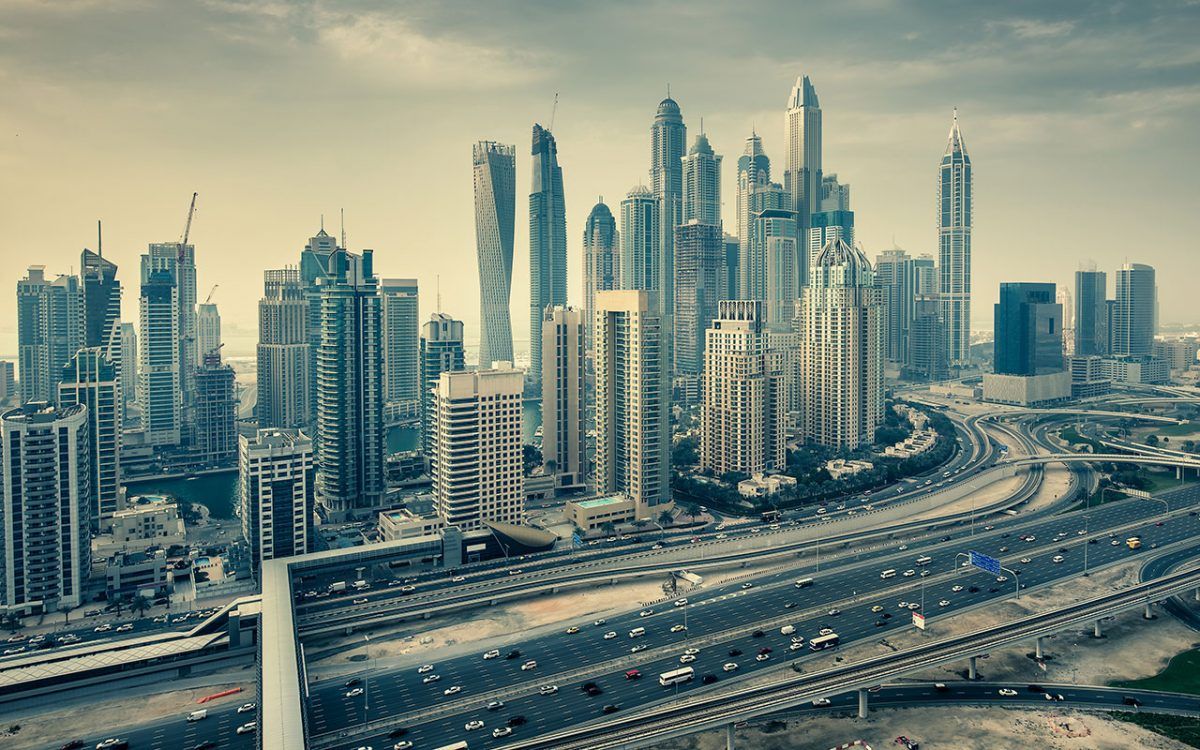
5. Shift towards Sustainable and Green Developments
Dubai is committed to sustainable development and has taken several initiatives to promote eco-friendly practices in the property sector. Developers are incorporating green building standards, energy-efficient technologies, and renewable energy sources into their projects. These sustainable developments not only benefit the environment but also attract environmentally conscious buyers and tenants.
6. Emerging Areas for Investment
While established areas such as Downtown Dubai, Palm Jumeirah, and Dubai Marina continue to be popular investment destinations, emerging areas in Dubai are gaining traction among investors. Neighborhoods like Dubai South, Jumeirah Village Circle, and Dubai Silicon Oasis offer affordable options with promising potential for capital appreciation and rental yields.
FAQs
To provide further insights into the topic, here are some frequently asked questions about the surge in transactions worth Dhs34 billion in May, along with their answers:
1. What are the key drivers behind the surge in Dubai’s property transactions in May?
The surge in transactions in May can be attributed to factors such as Dubai’s strong economic performance, the upcoming Expo 2020 Dubai, regulatory reforms, and the development of Expo-related infrastructure projects. These factors have collectively created a favorable environment for investors and homebuyers.
2. How has Expo 2020 Dubai influenced the property market in Dubai?
Expo 2020 Dubai has had a significant impact on the property market by attracting a massive influx of visitors, investors, and businesses. The anticipation of increased rental yields and capital appreciation has led to heightened demand for properties in the city.
3. What reforms have been implemented by the Dubai government to enhance the property market?
The Dubai government has implemented regulatory reforms to enhance transparency, improve investor confidence, and safeguard the rights of stakeholders. One notable reform is the introduction of the Dubai Land Department’s blockchain platform, which has streamlined the buying and selling process.
4. Which sectors of the property market are experiencing the highest demand?
The residential sector continues to experience high demand, driven by factors such as population growth, favorable rental yields, and the desire to own property in Dubai. Additionally, the commercial real estate sector is witnessing emerging trends, with a focus on innovation and sustainability.
5. What investment opportunities are available in the Dubai property market?
Investment opportunities abound in the Dubai property market, ranging from residential properties to commercial real estate and hospitality sectors. Foreign investors, in particular, find Dubai an attractive destination due to its investment policies, tax incentives, and ownership rights for foreigners.
Conclusion
The Dubai property sector’s surge of 11,700 transactions worth Dhs34 billion in May is a testament to the city’s resilience, attractive investment environment, and growing market. Factors such as strong economic performance, Expo 2020 Dubai, regulatory reforms, and infrastructure development have contributed to this remarkable growth. With a diverse range of investment opportunities in residential, commercial, and hospitality sectors, Dubai continues to be a top choice for local and international investors. Whether one is looking for a luxurious villa, a vibrant office space, or a lucrative rental property, the Dubai property market offers a plethora of options to suit different investment goals and preferences.
As Dubai property sector continues to thrive, investors and homebuyers alike can capitalize on this momentum by staying informed, conducting thorough research, and seeking expert advice. The surge in transactions worth Dhs34 billion in May serves as a compelling indicator of the sector’s growth potential and its attractiveness as a long-term investment destination.